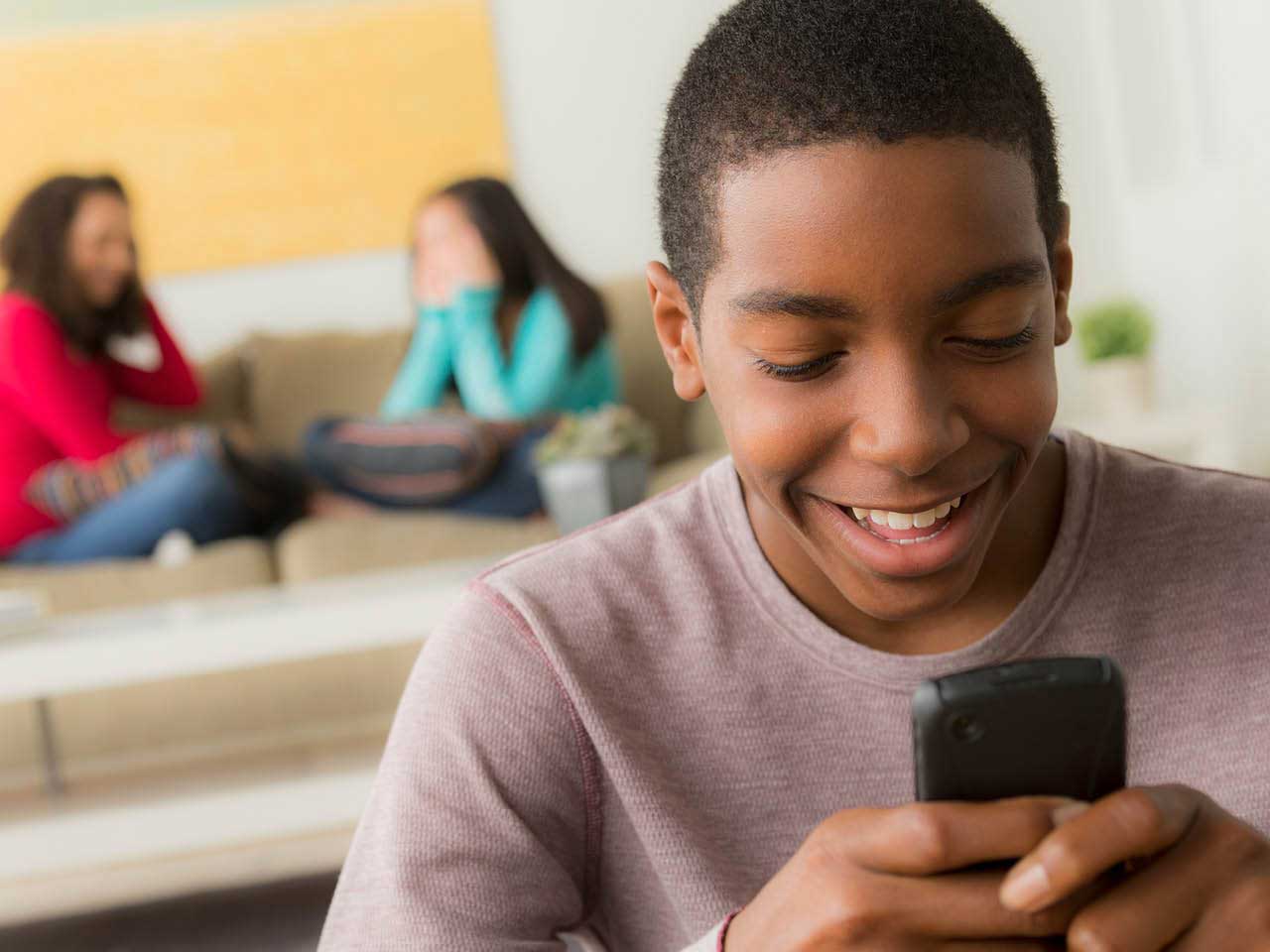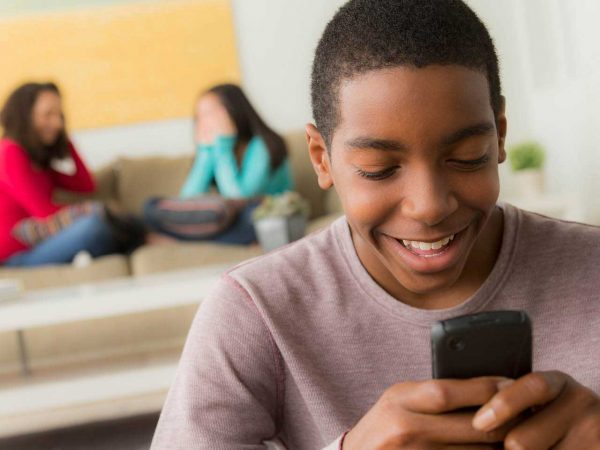Social media has become a central part of life for young people, shaping how they communicate, interact, and even perceive themselves. While it offers opportunities for connection, learning, and self-expression, it also poses challenges. The constant exposure to curated content, online interactions, and social comparisons can affect mental health, self-esteem, and overall well-being. This article examines how youngsters are affected by social media, highlighting key areas of concern and potential benefits.
Read more about Social Media
-
Increased Anxiety and Depression
One of the most significant concerns surrounding social media use in young people is its link to anxiety and depression. Constantly comparing oneself to others, particularly to idealized images or lifestyles, can lead to feelings of inadequacy and low self-worth. The pressure to keep up with peers or influencers can contribute to anxiety, and cyberbullying or negative online interactions can further deepen feelings of isolation or sadness.
-
Impact on Self-Esteem
Social media can also affect young people’s self-esteem, especially when it comes to body image. Platforms like Instagram and TikTok often showcase filtered, edited images that promote unrealistic beauty standards. This exposure can lead young people to develop unhealthy comparisons, dissatisfaction with their appearance, and even engage in harmful behaviours like extreme dieting. On the flip side, supportive online communities can foster positive self-expression and help young people feel more confident in their uniqueness.
-
Social Pressure and FOMO
The “fear of missing out” (FOMO) is another significant effect of social media on young people. Seeing friends or influencers attend events, travel, or experience exciting moments can lead to a sense of exclusion or loneliness. This can create pressure to constantly stay connected and up-to-date, which may lead to compulsive social media checking and increased stress. FOMO can also push young people to engage in activities or behaviours that they wouldn’t normally choose, just to feel included.
Sign up for the Connect Nigeria daily newsletter
-
Influence on Relationships
While social media allows young people to stay connected with friends and family, it can also affect the quality of those relationships. The focus on digital communication can sometimes lead to less meaningful face-to-face interactions. Additionally, social media can create misunderstandings or conflicts due to miscommunication in text-based interactions. However, it can also strengthen friendships by allowing users to keep in touch across long distances and find communities that share their interests.
-
Exposure to Misinformation
Young people are particularly vulnerable to misinformation on social media. With the abundance of user-generated content and viral posts, it can be challenging for them to distinguish between accurate information and false claims. This exposure can lead to misconceptions about important issues, from health to politics, and can have long-term effects on their worldview. Encouraging critical thinking and media literacy is essential to counteract this influence.
-
Opportunities for Learning and Growth
On the positive side, social media offers vast opportunities for learning and personal growth. Young people can access educational content, explore new interests, and join groups focused on self-improvement. Platforms like YouTube, Twitter, and TikTok feature tutorials, informational videos, and discussion forums on countless topics, allowing young users to expand their knowledge and skills in areas that interest them.
-
Empowerment and Activism
Social media also provides a platform for young people to voice their opinions, share their experiences, and engage in activism. Movements like #FridaysForFuture, Black Lives Matter, and mental health awareness campaigns have gained traction through social media, giving young people a sense of empowerment and purpose. These platforms allow them to participate in meaningful conversations and advocate for causes they care about.
Register to attend the CN Business Mixer
Conclusion
Youngsters are affected by social media in complex ways, from contributing to mental health challenges to offering spaces for empowerment and connection. Understanding both the risks and benefits can help parents, educators, and young users themselves create a healthier relationship with these platforms, using them as tools for positive development while mitigating the negative impacts.
Did you find this article useful? Contact us: [email protected]


